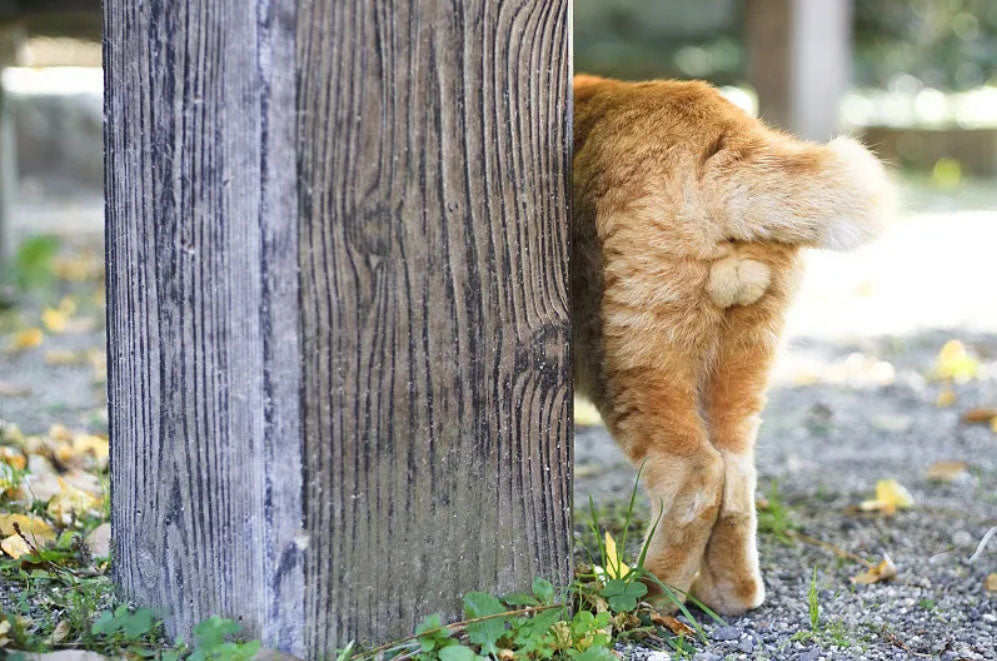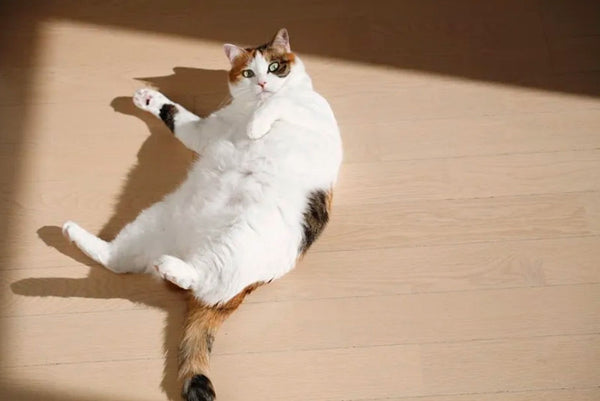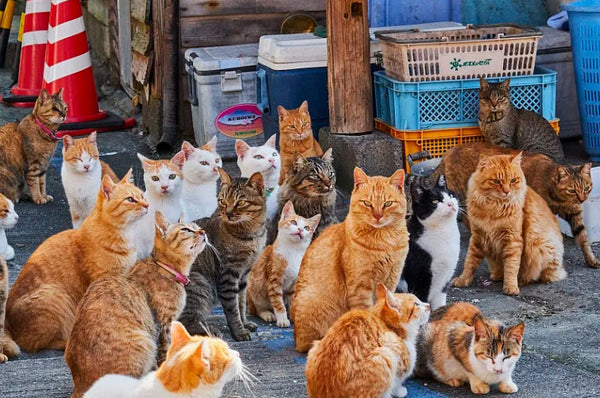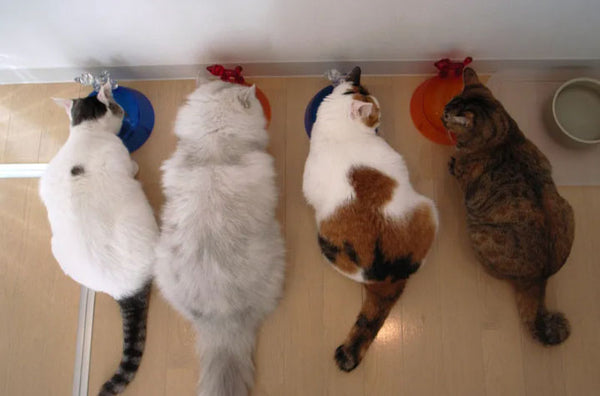- AED
- AFN
- ALL
- AMD
- ANG
- AUD
- AWG
- AZN
- BAM
- BBD
- BDT
- BIF
- BND
- BOB
- BSD
- BWP
- BZD
- CAD
- CDF
- CHF
- CNY
- CRC
- CVE
- CZK
- DJF
- DKK
- DOP
- DZD
- EGP
- ETB
- EUR
- FJD
- FKP
- GBP
- GMD
- GNF
- GTQ
- GYD
- HKD
- HNL
- HUF
- IDR
- ILS
- INR
- ISK
- JMD
- JPY
- KES
- KGS
- KHR
- KMF
- KRW
- KYD
- KZT
- LAK
- LBP
- LKR
- MAD
- MDL
- MKD
- MMK
- MNT
- MOP
- MUR
- MVR
- MWK
- MYR
- NGN
- NIO
- NPR
- NZD
- PEN
- PGK
- PHP
- PKR
- PLN
- PYG
- QAR
- RON
- RSD
- RWF
- SAR
- SBD
- SEK
- SGD
- SHP
- SLL
- STD
- THB
- TJS
- TOP
- TTD
- TWD
- TZS
- UAH
- UGX
- USD
- UYU
- UZS
- VND
- VUV
- WST
- XAF
- XCD
- XOF
- XPF
- YER
Why Do Neutered/Spayed Cats Get Fat?

Neutering or spaying your cat can help your furry friend lead a healthier, longer life. But today we're not going to talk about the importance of neutering or spaying cats, we're going to talk about why cats get fat after neutering.
After neutering, cats tend to eat more and gain weight. Some even develop stud jowls. So why do cats gain weight after being neutered? Let's explore the scientific reasons behind this.

Basal Metabolism is Affected
Root, the researcher, conducted a study to measure the basal metabolic rate of cats that were neutered and those that were not. The results of the study showed that the unneutered cats had a basal metabolic rate that was 30% higher than that of the neutered cats. This means that even without any physical activity, an unneutered cat burns more calories compared to a neutered cat because the reproductive system still requires a significant amount of energy.
Over 12 months, researchers Harper, Stack, Watson, and Moxham followed 49 neutered and 11 unneutered cats (ages 1.5 to 11 years) to study if neutered cats gain weight with free-feeding.

The results are as follows:
(1) After being neutered for 12 months, the free-feeding cats had an average weight gain of 31%, compared to only 3.1% before the procedure.
(2) After being neutered for 12 months, the cats' body fat increased by an average of 40%.
(3) Both dry and canned food had the same effect on cats' weight gain.
(4) To prevent weight gain, it is recommended to limit daily calorie intake to 40-45 kcal per kilogram of body weight. This is lower than the typical recommendation of 70-90 kcal per kilogram of body weight.
Consider A Regular Ration Feeding Schedule
Flynn, Hardie, and Armstrong found that unneutered cats tend to regulate their food intake, while neutered cats consume all the food given to them and require 30% fewer calories to maintain their weight.
It's important for cat owners to understand that after their cat is neutered, they may have difficulty controlling their appetite and are more likely to gain weight. If your cat is used to free-feeding, where food is always available, it's recommended to switch to a regular ration feeding schedule to manage their weight.

It's common for people to find cats chubby and adorable, but the truth is that obesity can have numerous negative impacts on feline health. These can include an increased risk of diabetes, fatty liver, joint and bone diseases, tumors, urinary tract diseases, oral and gastrointestinal issues, as well as skin diseases. To ensure that your cat stays healthy and happy, it's important to maintain their ideal weight.
No comments






0 comments